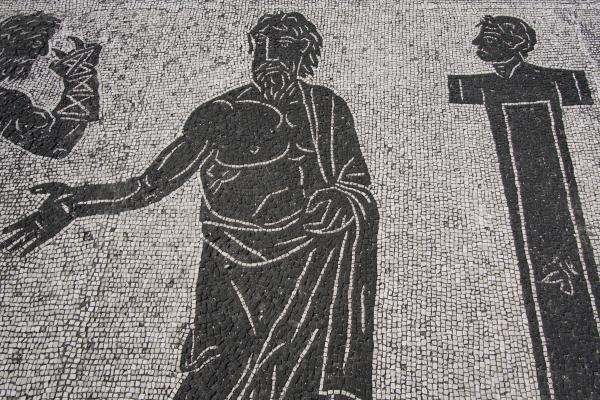Jun 1, 2016
Would St. Justin Martyr recognize us as Christians? After reading his, “Discourse to the Greeks,” I have my reservations. I doubt he would recognize me.
Read the Full Article

Already a subscriber? Login

Would St. Justin Martyr recognize us as Christians? After reading his, “Discourse to the Greeks,” I have my reservations. I doubt he would recognize me.
